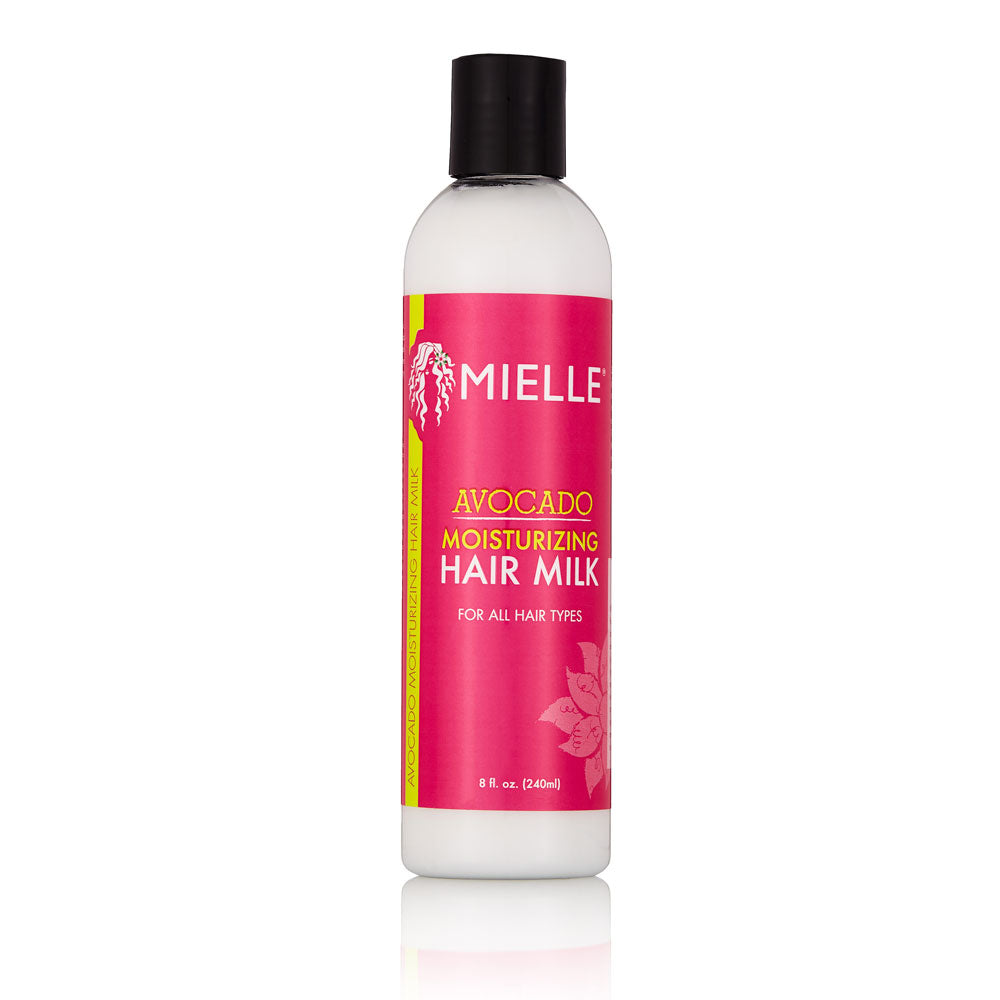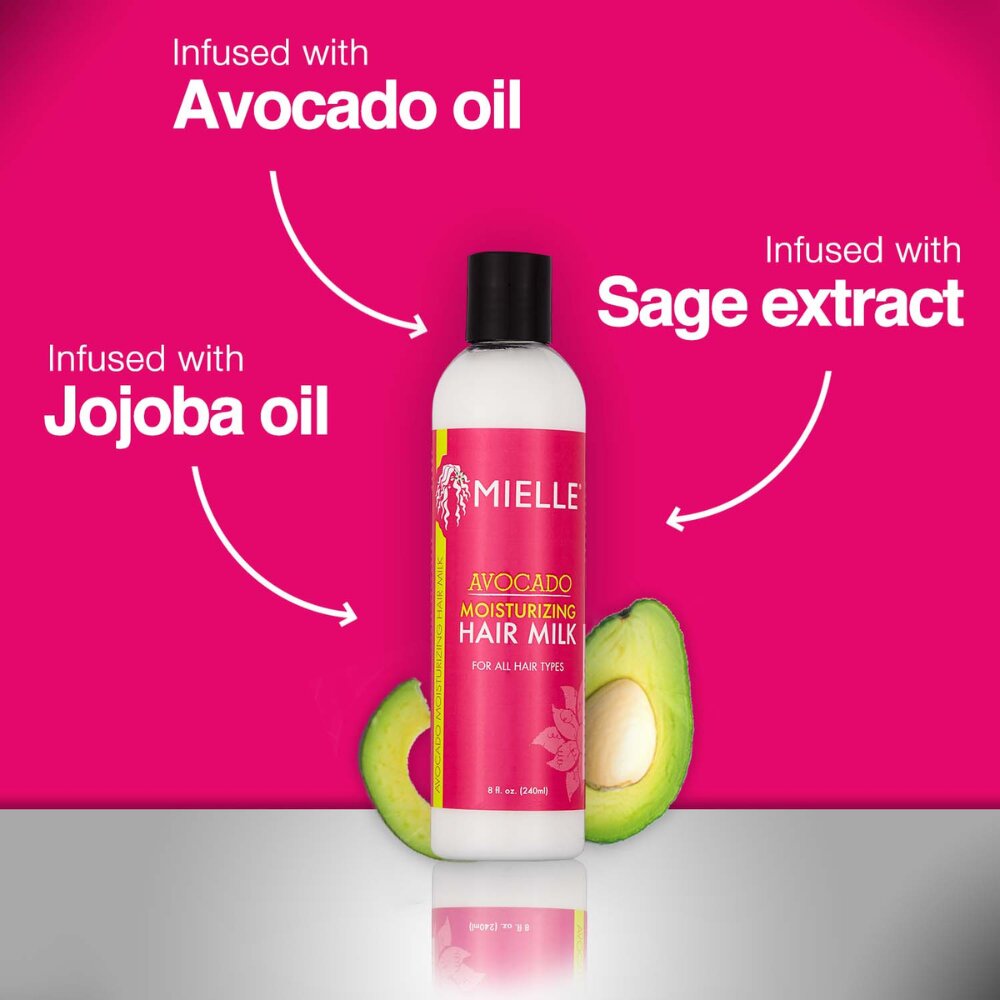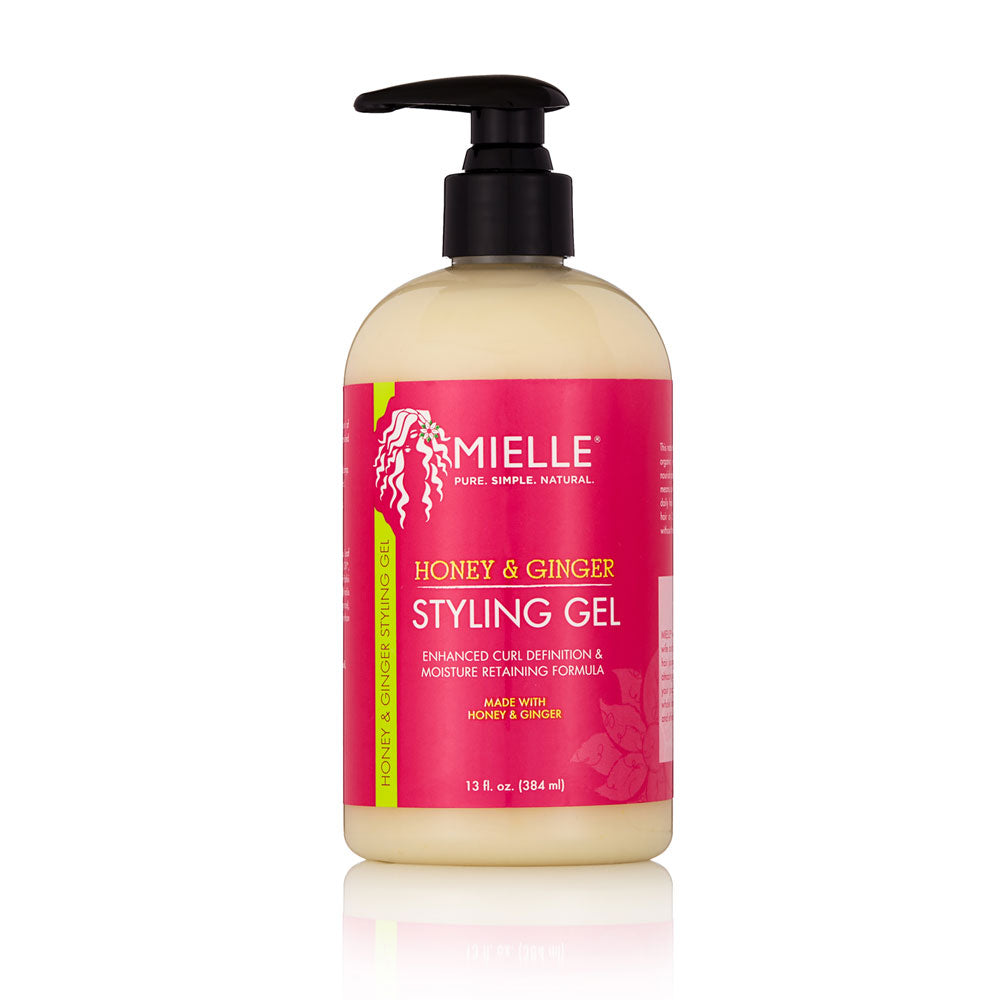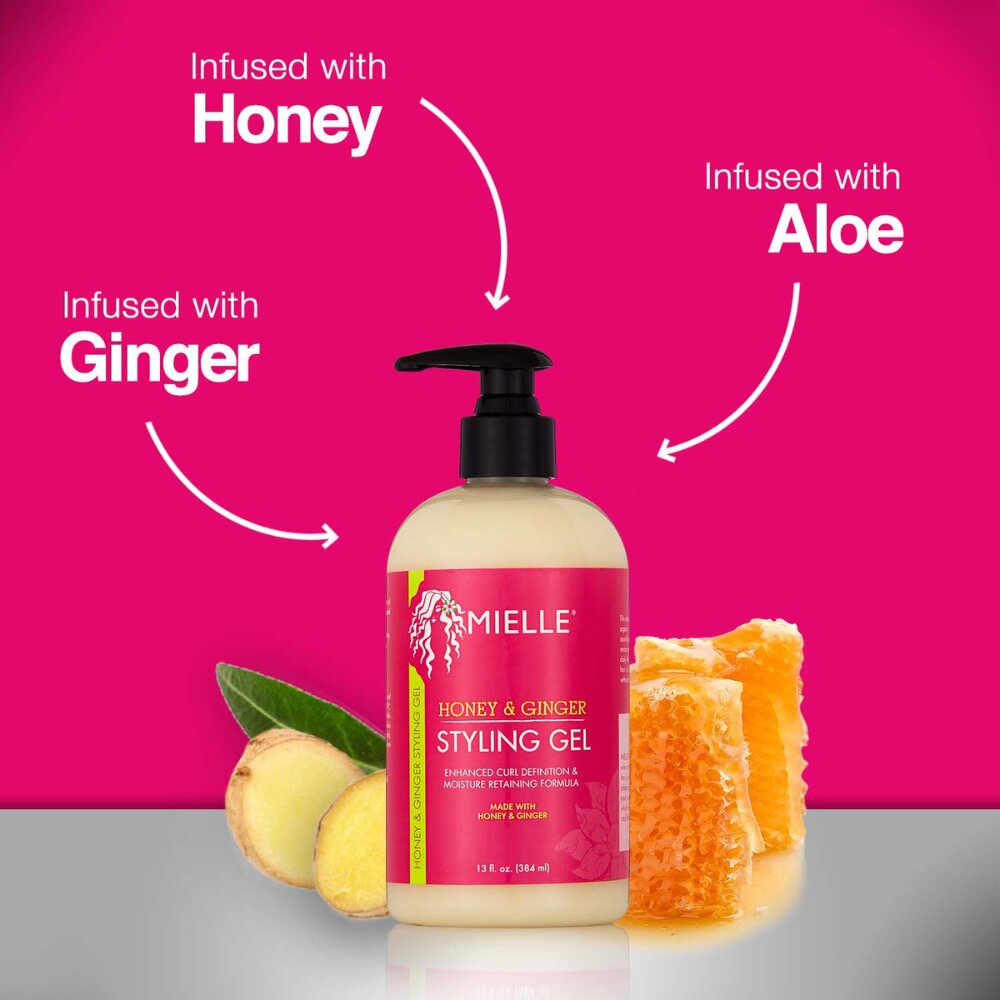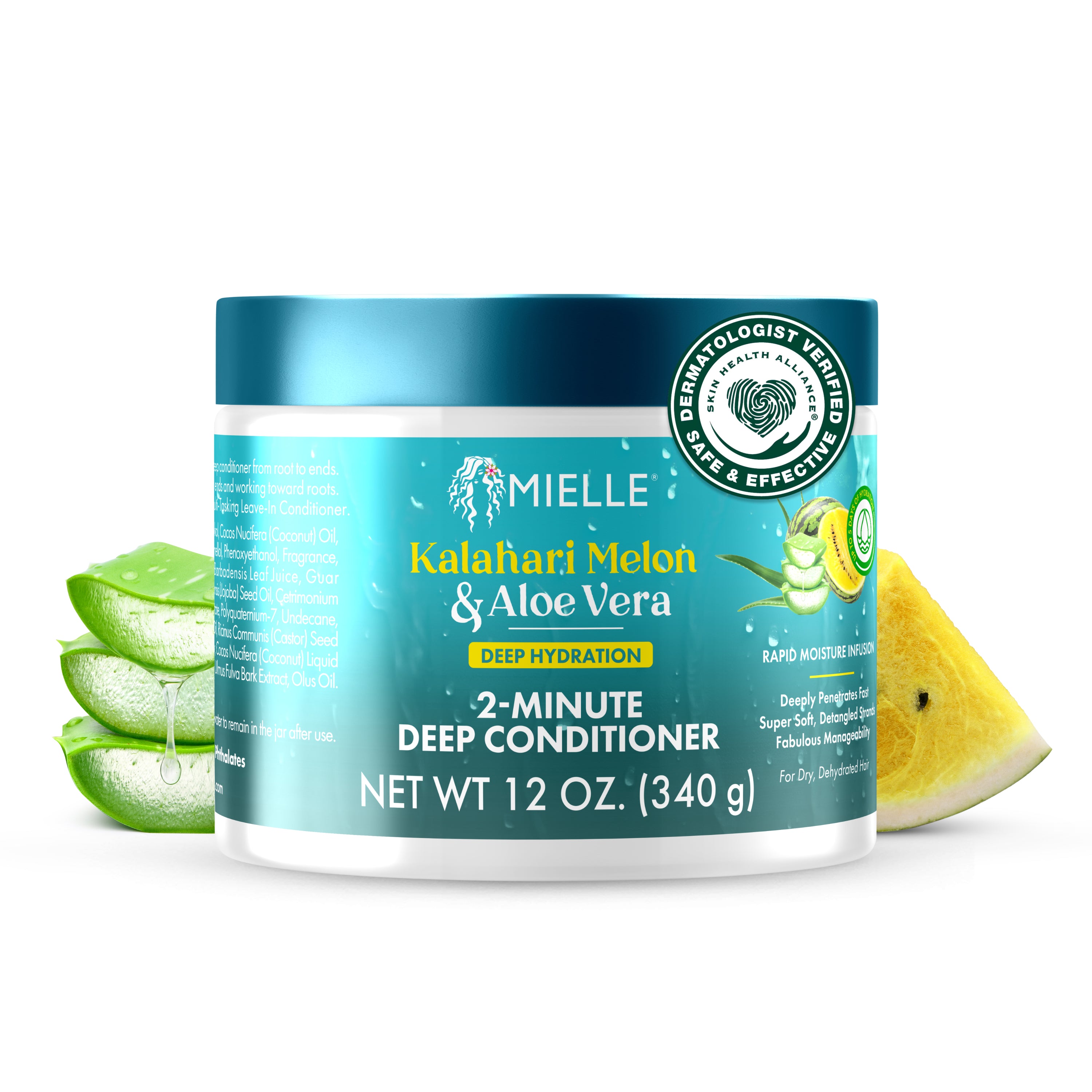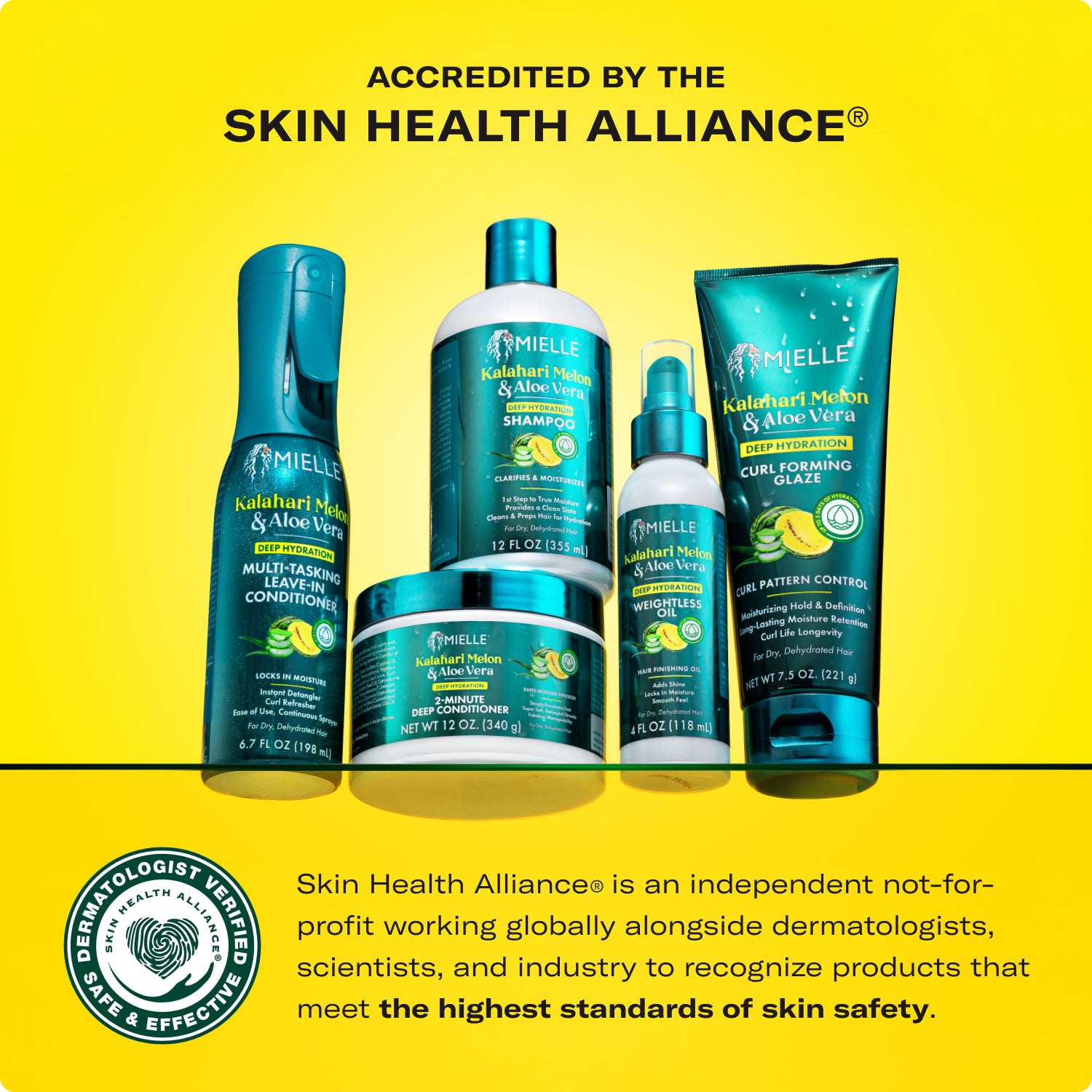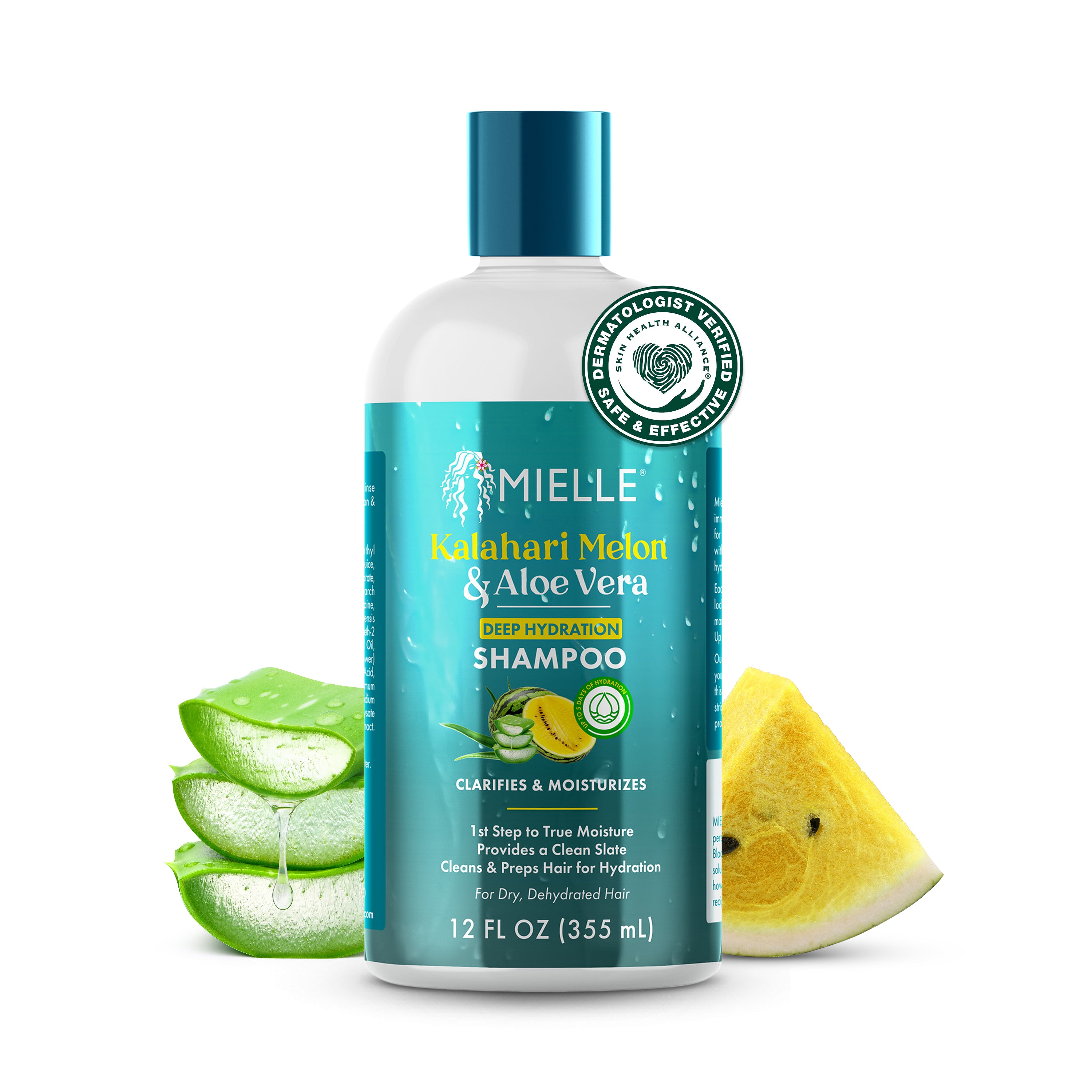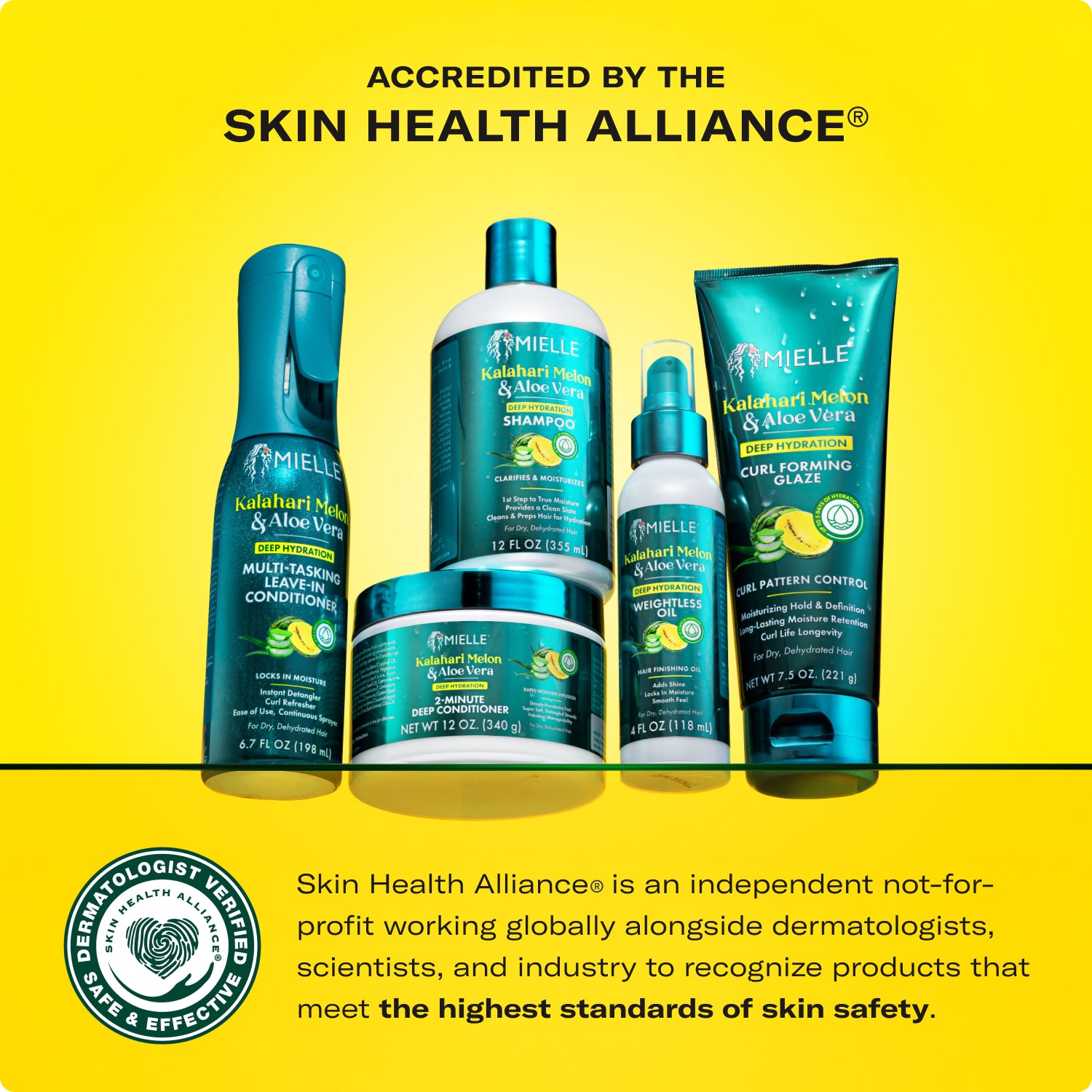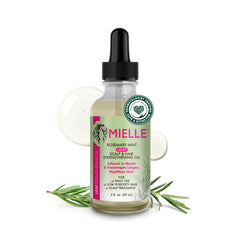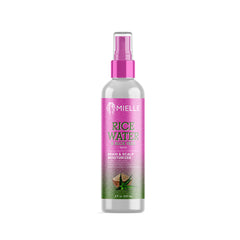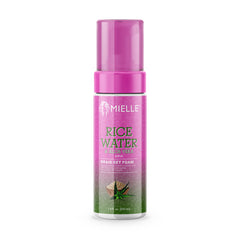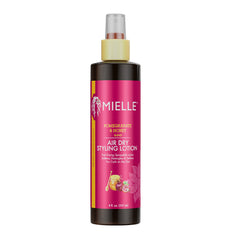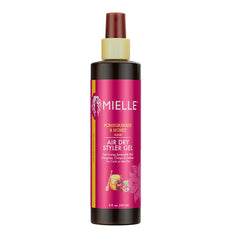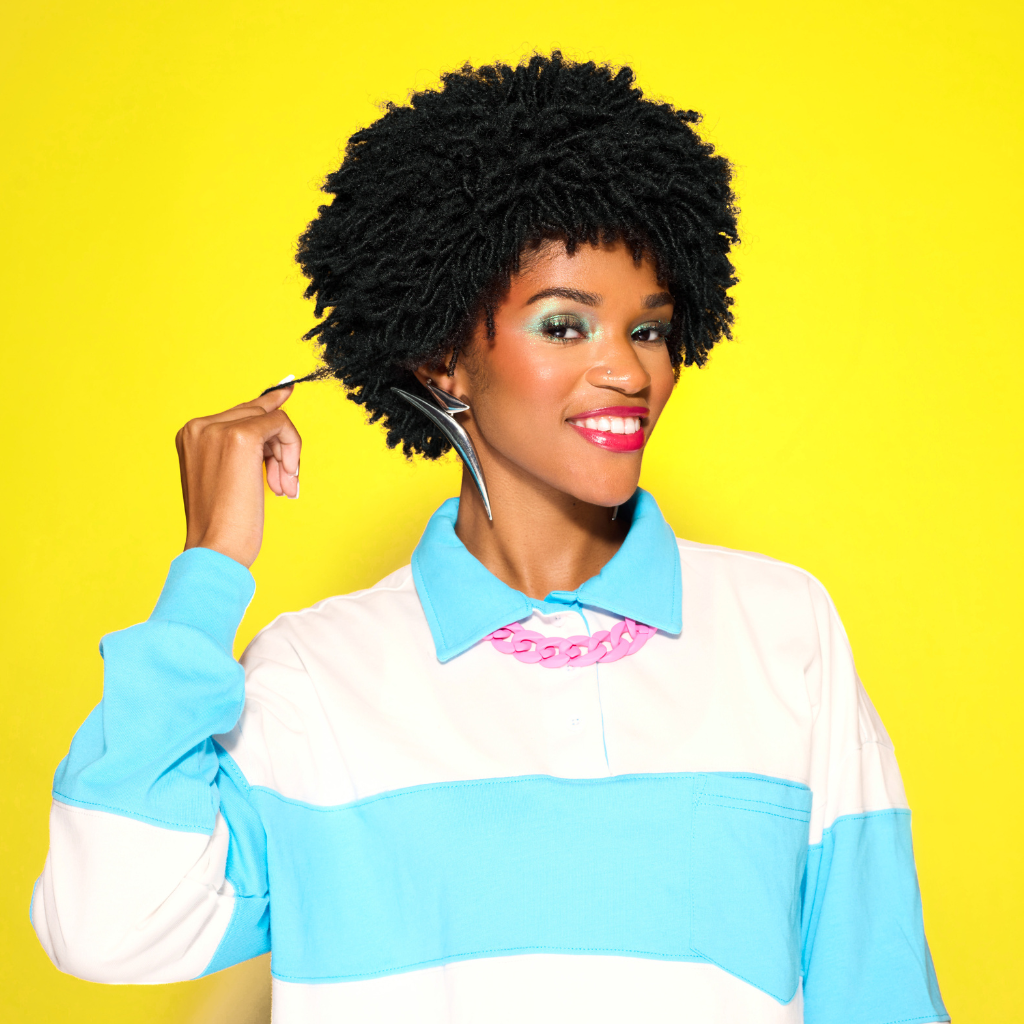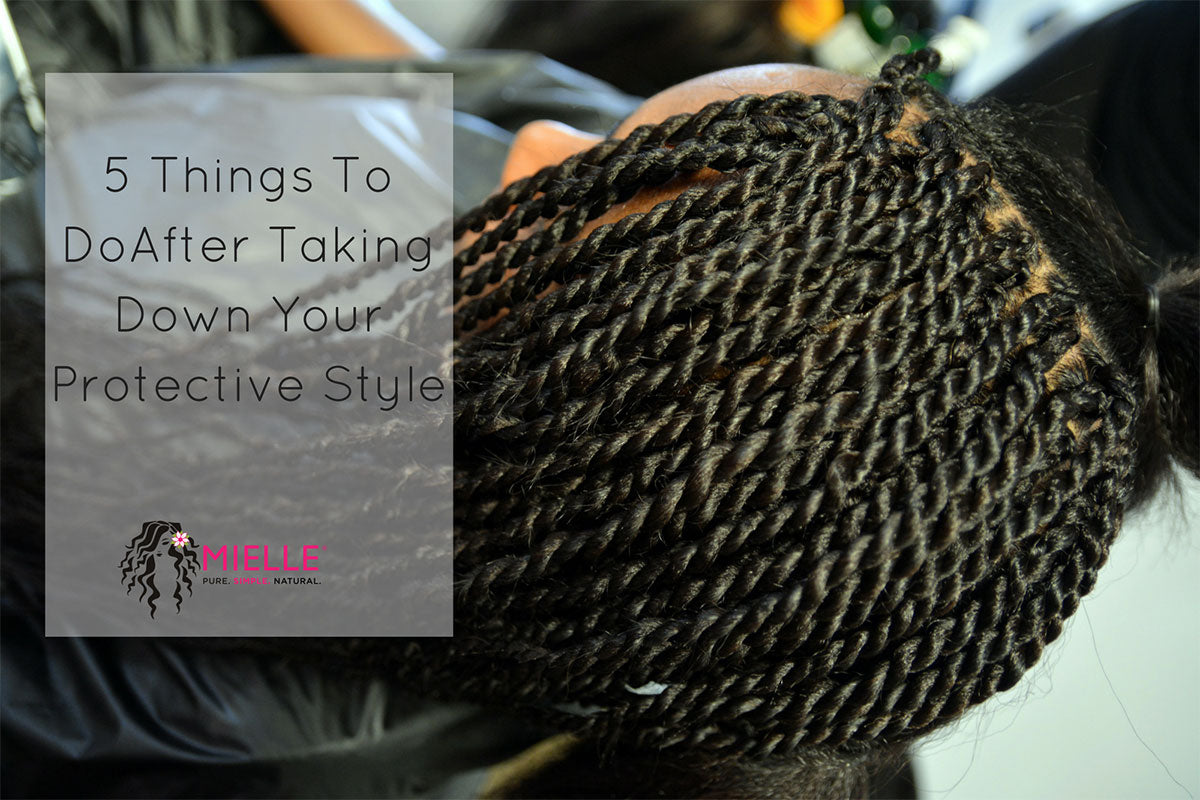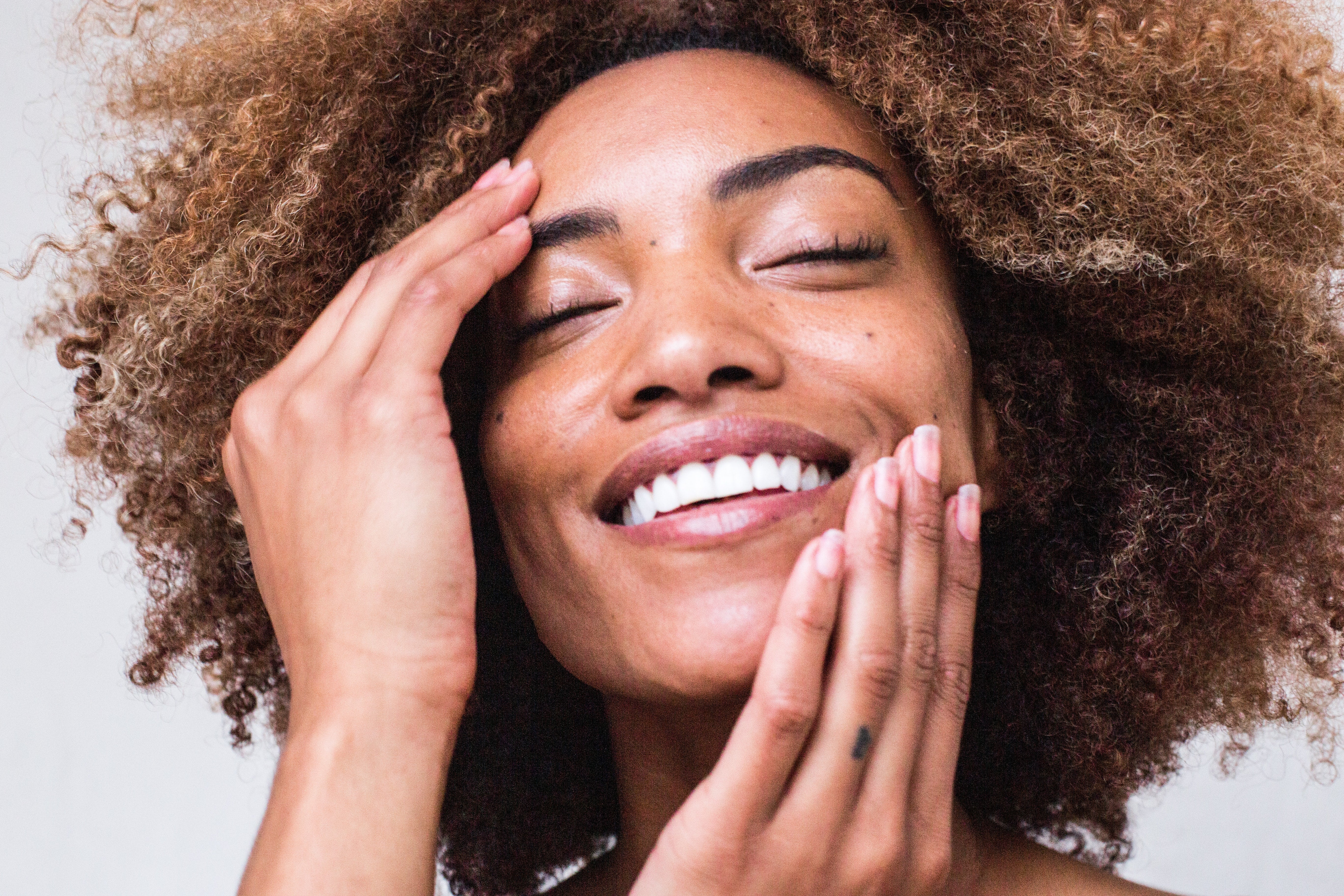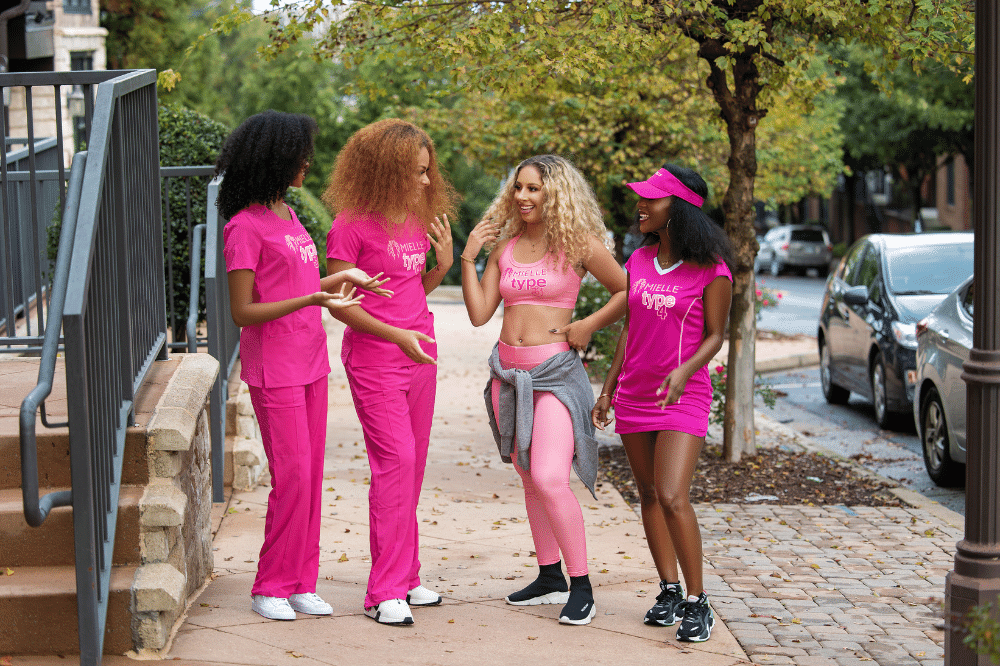There’s nothing quite like a good hair day—you look good, you feel good, and everyone around you can see it. As counterintuitive as it is, washing your hair might be the very thing that stands between you and an endless string of fabulous hair days.
Why? Because you might just be washing your hair too often, leading to hair damage, unwanted frizzy hair, and dry hair.
But just how often is too often? Is it bad to wash hair every day? Every second day? Even every week? It depends entirely on your unique head of hair. It’s time to find your perfect hair-washing timeline for your specific hair type.
The Pros & Cons of Washing Your Hair
Recently, there’s been a shift away from washing hair daily toward more infrequent washings and even conditioner-only hair care routines (also called co-washing or the “no-poo” method). So, what is co-washing hair, and why should you do it?
Before you gasp in shock and awe, many people find the benefits of co-washing to be very impactful in their hair health:
- Is shampoo bad for your hair? Tons of shampoos contain harsh ingredients called detergents, which can lead to damaged hair over time.
- Washing less frequently can preserve your hair’s important natural oils, which provide moisture and a layer of protection.
- You’ll likely notice healthier, smoother, and shinier hair rather than dry, brittle, damaged curls.
Is it bad to wash your hair every day? For most people, yes.
But don’t call the haircare cops just yet!
If you’re asking how often should you wash curly hair, you’re not alone. The shampoo isn’t the bad guy here—well, not necessarily. There are some benefits to washing with shampoo (just maybe not as often as you’ve been doing).
The trick is finding the happy medium—or, more accurately, your happy medium.
How Often Should I Wash My Hair?
Oh, how badly we wish there were a simple, straightforward, one-size-fits-all answer for this. It would certainly make all of our lives a little (read: a lot) easier.
Instead, there are several factors that can help you determine if you’re an every-day-or-every-other-day kind of gal or closer to the once-every-month end of the spectrum.
Natural Scalp Oil
Oily hair may not be our favorite look (understandably) but remember: oil is not your enemy.
Those oh-so-precious natural oils are largely a result of sebum production from glands found primarily in the face and scalp. Some people produce more sebum than others, resulting in a naturally oilier scalp.
To help you figure out where you fall on the sebum-scale, ask yourself: How many days post-wash does my hair look its best?
Hair Texture
The texture of your hair—fine or coarse, loose or tight—impacts how quickly sebum coats the hair from roots to ends after a good cleaning.
The faster the spread, the greasier the hair looks. This usually happens with thin, fine, straight hair—and provides good reason to wash out the sebum and oils more often.
On the other hand, the sebum spreads slowly through dense, coarse curls and coils, resulting in drier hair for more extended periods—and less frequently needed washes. Make sure to get a shampoo for curly hair that doesn’t strip the natural oils.
Hair Damage
Natural texture and curl pattern aren’t the only factors that affect how dry your hair is. Damaged or fragile hair is often more brittle and could benefit from the moisture that shampoo tends to strip away:
- If you frequently color your hair – Harsh chemicals and dyes can leave your hair in need of a little TLC. If it’s dry and brittle from regular treatments, the conditioner will be your best friend. Shampoo, on the other hand? More of an acquaintance.
- If you often style your hair with heat – Heat damage similarly dries out your luscious curls. To protect it from further damage, you might want to go easy on the shampooing. Oftentimes if you color or style your hair often, it might be worth trying out some high porosity hair products to ensure that your hair is getting the right care. However, if you use plenty of styling products, you may have to wash more regularly to cleanse yourself of the built-up sprays and serums.
Lifestyle & Climate
Frequent workouts and a humid climate might call for more consistent shampoos because of the excess sweat, dirt, and sebum, especially if you already have thin, naturally oily hair.
With so many factors at play, finding the Goldilocks zone of hair washing is no easy feat.
It takes a certain amount of trial and error, even with all this available information. But at the end of the day, you know yourself and your hair best.
Is washing your hair every day bad? It can be. But is it a purely personal choice? Absolutely.
Healthier Hair, No Matter Your Routine
Whether you stick to your schedule or upend the same-old in favor of a whole new era of hair care, you need products that reflect that choice.
With Mielle Organics, you can find natural hair products like sulfate-free shampoos, hydrating conditioners, stylers, oils, and moisturizers; you can even try your hand at co-washing with a cleansing conditioner. Check out our best co-wash for curly hair: the detangler for natural hair co-wash. Learn how to co-wash hair with Mielle Organics to embrace your hair texture and let it thrive.
Take care of your hair with gentle products, natural ingredients, and formulas created just for you and your hair type—regardless of how often you put them to good use.
Sources:
- Science Alert. How Often You Should Wash Your Hair, According to Science. https://www.sciencealert.com/how-often-you-should-wash-your-hair-according-science
- Healthline. What is Sebum and Why Does it Build Up on Skin and Hair? https://www.healthline.com/health/beauty-skin-care/sebum
